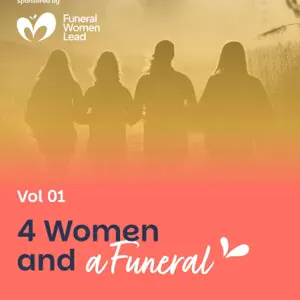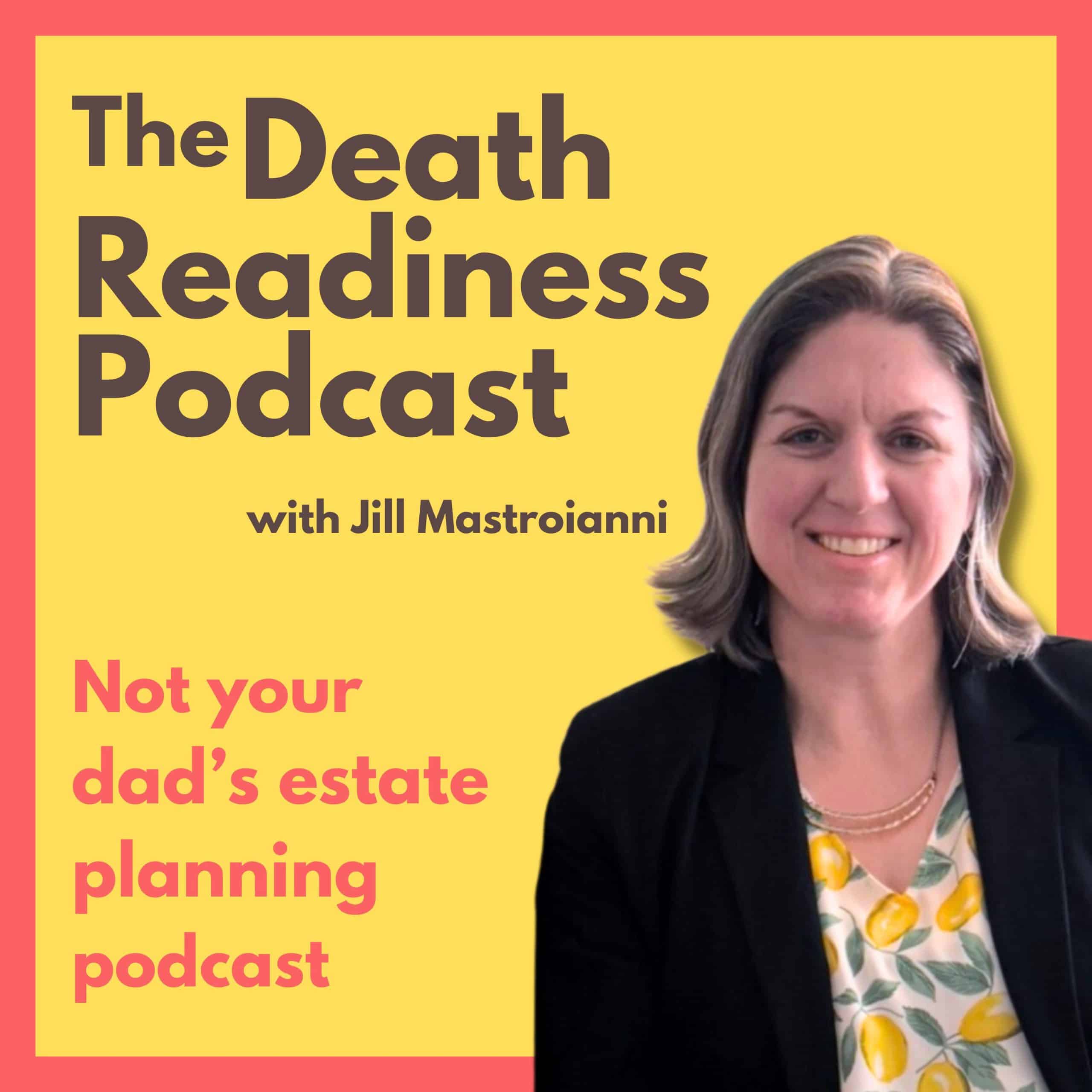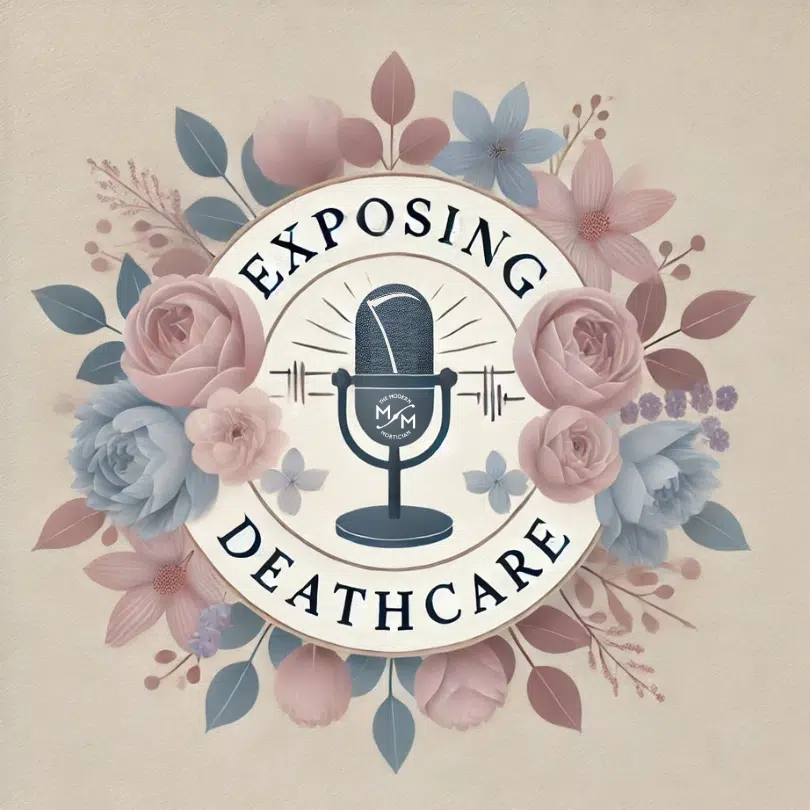Honor a life with joy, stories, and the people who mattered most.
The Celebration of Life Hub
A celebration of life is a personal and uplifting way to remember someone after they have passed. It focuses on their personality, passions, and the impact they had on others rather than following traditional funeral customs.

Key Things To Know
Celebrations of life are flexible and deeply personal. They offer an opportunity to gather, share memories, and honor someone’s legacy in a way that feels authentic.
- There are no strict rules for a celebration of life: You can hold it anywhere, at any time, and in any style that fits the person being remembered.
- The tone is often more joyful or reflective than somber: While grief is still present, these events focus on storytelling, laughter, connection, and what made the person unique.
- You can include as much or as little formality as you like: Some celebrations resemble memorial services, while others feel more like casual gatherings, meals, hikes, or concerts.
- Timing is flexible: Celebrations of life often happen days, weeks, or even months after the person has passed, allowing time for planning and travel.
- They can take place with or without the person’s remains present: Some people pair a celebration of life with a burial or scattering of ashes, while others treat it as a completely separate event.
- Common elements include music, food, stories, and photos: Slideshows, open mics, memory tables, guest books, or activity stations can all help people connect and participate.
- Spiritual or religious content is optional: You can include prayers or rituals if meaningful to the person or family, or keep it entirely secular and focused on the individual.
- The location can be anywhere meaningful: People hold celebrations in backyards, parks, event halls, beaches, places of worship, or even restaurants and community centers.
- Guests are encouraged to participate: Many families invite guests to wear the person’s favorite color, share a memory, or contribute to a group activity or legacy project.
- Planning in advance helps it reflect the person’s values: Some people write down their wishes for a celebration of life while they are still living. Others work with loved ones to plan something beautiful after the fact.
Checklists & Resources
Articles
Frequently Asked Questions
Disclaimer: The information provided on this website and by Buried in Work is for general informational purposes only and should not be considered legal advice. Please consult with a qualified attorney or subject matter expert for advice specific to your situation.




